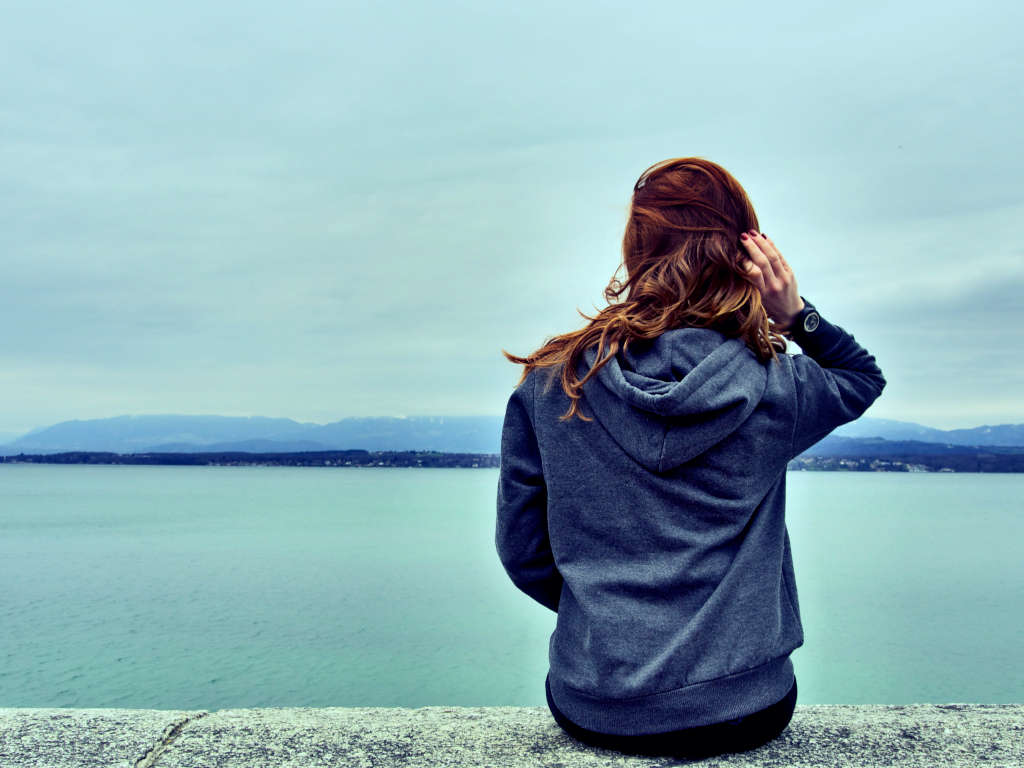I survived my addiction to opiates and today I am grateful to know that total abstinence from all mind/mood altering substances is possible by working a 12-step program of recovery. I hear a lot of medical professionals tell addicts that the solution for staying off opioids is an opioid agonist like methadone or suboxone. That’s not the solution I wanted or needed. For me, there was a better way.
It started after I was the passenger in a car that was rear-ended. Experiencing terrible neck pain, I went to my primary care doctor. He said I needed to go a pain management clinic because they take car insurance, he could not bill my health insurance because of the accident. Little did I know that decision would change my life. The doctor at the pain management clinic asked what medication I wanted. This seemed odd but I told him I had no idea, I’d never taken a pain medication. He appeared surprised but picked one for me. At the clinic, I started to see out of state busses in the parking lot and lines around the building. I didn’t let that stop me though as this was my new solution, I couldn’t feel anything not the pain or my emotions. After 9 months, I had to meet with someone from my car insurance company. He explained insurance wouldn’t cover more time, opiates were addictive (he was the first person to say this) and I should stop taking them before it was too late. He explained what would happen when I stopped taking them cold turkey. I took a week off work and detoxed on my guest room floor; it was terrible. I swore I’d never take opiates again.
Two years later, another car accident led to more pain. I tried alternatives but after little relief, I went to a neurologist who I knew would prescribe opiates. Since this was a neurologist, I rationalized that getting opiates from him was ok. I was on them constantly for the next 6 years. The “neurologist” was eventually investigated by FDLE and shut down. I wasn’t seeing the doctor; apparently, I was seeing his physician’s assistant with a pad of pre-signed scripts from the neurologist who was never in the office. This didn’t scare me or stop me, I just changed doctors because by this time the addiction had taken hold. Eventually, the opiates stopped working. I felt like I was in pain all the time and was always trying to find ways to make them “work better.” I thought if I could find the right cocktail of drugs, I’d stop hurting physically, mentally and spiritually.
I began to suffer from extreme anxiety so I went to a psychiatrist figuring they would have a pill to help. They did and it seemed like miracle drug. It took the anxiety away until it too stopped working. By this time, I was taking more than the prescribed doses of all my narcotics. I started to experience withdrawals when I ran out. My solution was to drink alcohol to keep them at bay. My obsessive thinking became exhausting – I felt like a hamster stuck on a wheel always thinking about when I could take another pill or drink. My use escalated to intravenous which led to an even more rapid decline in my mental health. I was at that place where I couldn’t continue going on the way I was and I couldn’t live without the drugs and alcohol. I began to plan my suicide which is what finally scared me enough to be honest with someone about the severity of my use. I told my psychiatrist about the use – not the thoughts of suicide. She called Turning Point of Tampa, I was told I was going to detox the next morning and then I would be going on to treatment. She saved my life that day.
When I got to treatment, I had no idea what to expect. I’d never been to treatment or a 12-step meeting. I thought I made a huge mistake and wanted to leave every day. With lots of encouragement to take it “one day at a time” I made it through that first week. In treatment, I learned I had a disease and there was a solution. It was working a 12-step program. I got a sponsor, built a network of women and learned to love meetings. I completed 75 days of treatment and took the treatment teams suggestion to go to sober living so I would have a safe and supportive environment for my first year of recovery. It was one of the best things I ever did. I learned how to get along with others and effectively communicate. My sponsor encouraged me to be open, honest and willing. I went through the steps with her they changed my life. My whole attitude and outlook changed. No longer was I in constant self-pity, blaming others and looking at the world through a filter of negativity. I didn’t blame the doctors who prescribed me the opiates and benzodiazepines, instead I was able to take responsibility for my actions. I sought them out. I learned to deal with my problems, ask for help and became a more positive person. Recovery is a journey and it’s not always been easy. I’ve lost a lot in recovery but I know I can get through anything today with the help of my Higher Power, the steps and the women in the rooms of AA.



